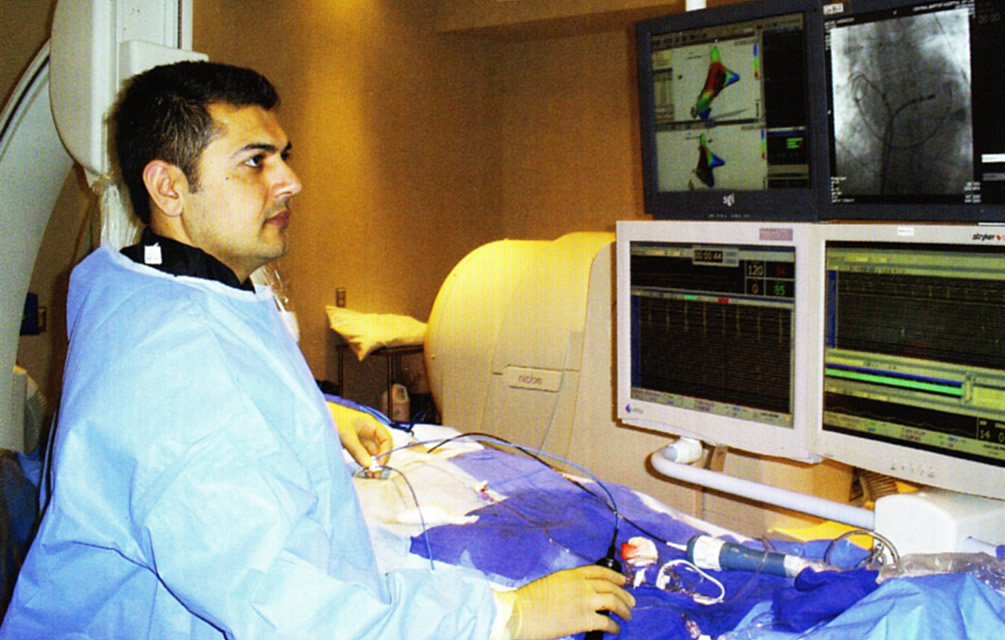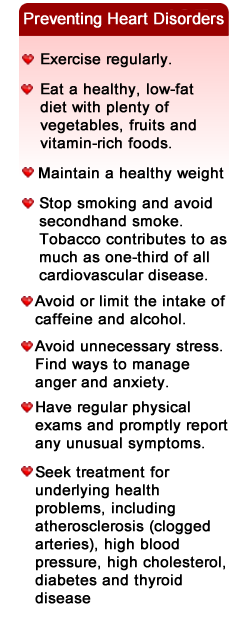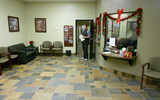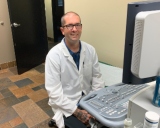Article From Vital Signs - Kaweah Delta Health Care District - July 2007 Issue - Written by Carole Firstman
Electrophysiology cardiologist Sukh Bhajal, MD, has recently joined the Kaweah Delta team, bringing new, specialized services in cardiac care. A state-of-the-art electrophysiology (EP) cardiology laboratory is being developed especially to support Dr. Bhajal in diagnosing and treating cardiac problems related to the electrical and physiologic function of the heart. This comprehensive service is new to the area, providing a technological resource that was previously unavailable. Following extensive training in Wisconsin and Kentucky, Bhajal has recently returned to Visalia to establish a private practice. "I'm happy to be back," he says, "as the previous unavailability of local, comprehensive EP services used to force many patients to seek out-of-town treatments in Fresno or the Bay area." Coming from a family of farmers and raised in Turlock, Bhajal is eager to utilize his skills and give back to the community he calls home. Bhajal was born in Punjab, India, where his family farmed 20 acres of sugar cane, wheat, cotton and corn. "We came to the Central Valley when I was seven years old," he says. He spent his childhood spring breaks and summers picking peaches and working the family's 180 acres of cotton. "I understand the local culture," he says of the county's diverse needs, "and I've returned to give back, to add to the growing medical community here and act as a resource for referring cardiologists."
What is cardiac electrophysiology?
Cardiac electrophysiology is a subspecialty of cardiology, focusing on the electrical functions of the heart. An intricate web of blood vessels and electrical circuits travel throughout the heart 24 hours a day, 365 days a year, working together to insure the heart pumps an adequate amount of oxygen and nutrient-rich blood throughout the body. Trouble in any part of the heart's components can disrupt the entire system. Arrhythmias are problems that affect the electrical system of the heart muscle, producing abnormal heart rhythms and causing the heart to pump less effectively. A normal heart beats 60 to 80 times a minute when a person is at rest. An abnormally slow heart rate (bradycardia) can result in insufficient blood flow to the brain, causing fatigue, dizziness and fainting. Rapid heart beating (tachycardia) can produce palpitations and chest pains in addition to fatigue and near fainting. Bhajal specializes in the treatment of such heart rhythm irregularities. "The first step in treating any kind of arrhythmia is to determine the underlying cause," he says. Options vary with circumstances, and include lifestyle changes, medication, pacemakers, biventricular defibrillators and cardiac ablation.
Cardiac ablation is a new technology that, according to Bhajal, is appropriate for about 50 percent of the patients he sees. "This is a curative treatment," he says. In this procedure, thin, flexible tubes (catheters) are guided via x-ray into the blood vessels and directed to the heart. A burst of radiofrequency energy destroys abnormal electrical pathways in the heart tissue. The American Heart Association touts ablation as the preferred treatment for many types of rapid heartbeats, with a success rate of over 90 percent and a low risk of complications. Patients who have this done can usually resume normal activities in a few days. It causes little or no discomfort and is done under mild sedation with local anesthesia.




